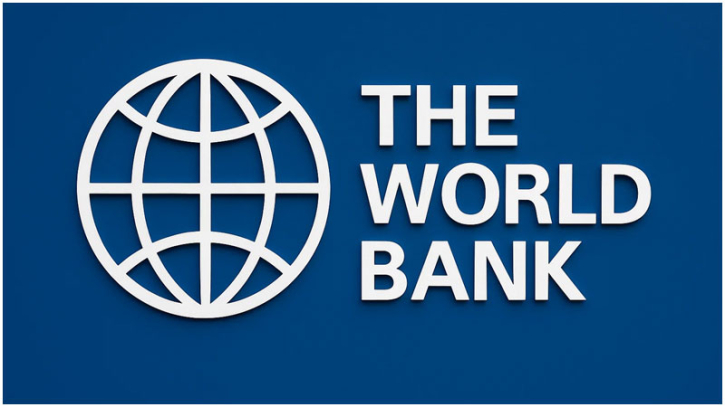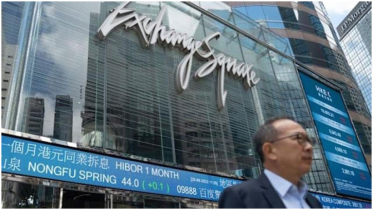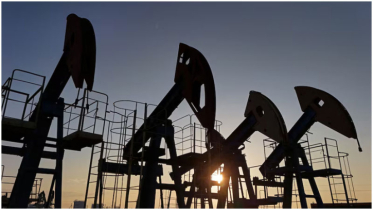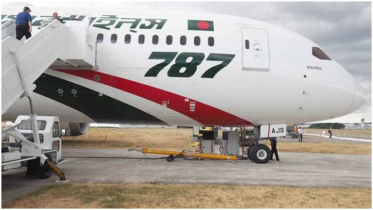World Bank approves $640mn for Bangladesh's energy, air quality

The Board of Executive Directors of the World Bank on Thursday approved two projects totalling $640 million to help Bangladesh improve gas supply and air quality.
The global lender approved $350 million for the "Energy Sector Security Enhancement Project," which will help improve gas supply security by facilitating access to cost-effective financing for Petrobangla, the state-owned oil and gas company.
The project will utilise an IDA guarantee to mobilise up to $2.1 billion in private capital over seven years for new Liquefied Natural Gas (LNG) imports. The backing of an IDA guarantee will improve Petrobangla’s creditworthiness to secure LNG supplies.
Imported LNG accounts for over one-fourth of total gas consumption in Bangladesh. About 42 per cent of total gas consumption is in the power sector. Hence, gas supply shortages disrupt electricity generation, negatively impacting the economy. This project will provide payment security and working capital solutions to facilitate LNG imports under long-term contracts and thereby reduce dependency on expensive spot market gas imports.
Another $290 million has been approved for the "Bangladesh Clean Air Project," which will take a comprehensive approach to tackle air pollution.
In Bangladesh, air pollution caused over 159,000 premature deaths and 2.5 billion days of illness, with estimated health costs equivalent to 8.3 per cent of the gross domestic product (GDP) in 2019.
Dhaka remains one of the most polluted cities in the world, with annual levels of fine particulate matter (PM2.5) exceeding the WHO Air Quality Guidelines by 18 times.
The project will focus on air quality management by strengthening the Department of Environment’s air quality monitoring network with new and improved stations.
It will help operationalise the Continuous Emissions Monitoring Program for real-time monitoring of major industrial sources of air pollution. Based on an integrated network of automated monitoring systems, the monitoring program will allow enforcement of emissions limits and disclosure of preliminary data collected at major sources.
The project aims to improve vehicle emissions control and introduce a fleet of 400 zero-emission electric bus services by replacing ageing, polluting diesel buses.
These buses will operate under a unified “single operator per franchise” model for better service quality.
The project will establish depots for charging, parking, and maintaining the electric buses.
It will construct five new Vehicle Inspection Centres, upgrade two non-functioning ones, and deploy mobile Vehicle Inspection Centres and 20 mobile vehicle emissions testing units.
Combined, these interventions in the transport sector are expected to reduce primary PM2.5 emissions by approximately 2,734 metric tons per year.
The World Bank was among the first development partners to support Bangladesh following its independence. Since then, the World Bank has committed over $45 billion in grants, and zero- and low-interest credits to Bangladesh.
In recent years, Bangladesh has been among the largest recipients of the World Bank’s concessional financing from IDA.
.png)




